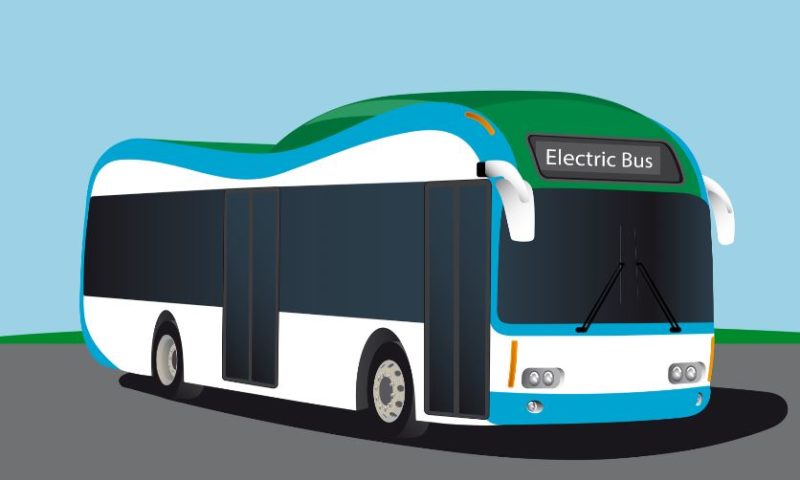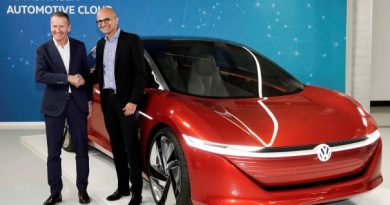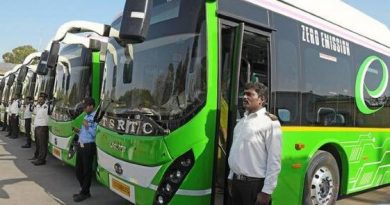Electric Mobility: Delhi Floats Global Tender for 375 Electric Buses
 Soon in Delhi
Soon in Delhi
Delhi government on Mar 10 floated global tenders for engagement of 375 electric buses under two clusters. This is the first phase of the total 1,000 buses the government plans to induct and the first batch is expected to hit the streets by the end of this year.
“This is the 1st phase of procurement of 1,000 e-buses,” state transport minister Kailash Gahlot said. On March 2, Delhi cabinet had approved the engagement of 1,000 low floor air-conditioned electric buses.
Delhi government claims that after the induction of these buses, Delhi will have more electric buses than all other cities of India put together and the highest number of electric buses in any city of the world after China.
The phase-wise engagement of 1,000 AC low floor electric buses will be under Gross Cost Model of contracting. The buses will be equipped with CCTV cameras, Automatic Vehicle Tracking System (AVTS), panic buttons and panic alarms, as per the specification finalised by the transport department.
These 1,000 buses will be parked and charged overnight at six ‘parent depots’ at East Vinod Nagar, Sarai Kale Khan, Rohini, Burari, Mudhela Kalan and Bamnauli depots. The responsibility to provide charging infrastructure in these depots will be shared by Delhi government and the concessionaire. The arrangements to provide power infrastructure at intermediate charging points along bus routes, which will be called ‘host depots’, will be the responsibility of the concessionaires.
The bidders can choose between any of the operational models for running the buses — overnight charging only at parent depots (option A) or overnight charging and opportunity charging during the day at host depots (option B).
A subsidy of up to Rs 75 lakh per bus or 60 percent cost of the bus, whichever is lesser, shall be provided in three installments and as per the modalities in FAME-I scheme along with the safeguards as prescribed by Delhi government.
Interestingly, Delhi government’s push for electric vehicles comes at a time when the central government has also taken steps for electric mobility. After approving the second phase of Faster Adoption and Manufacturing of Electric Vehicles in India (FAME II) with an outlay of Rs 10,000 Cr to be invested over a period of three years, the government also suspended its Rs 7,500 Cr worth “Feebate” plan which involved increasing the taxes on petrol and diesel driven cars to create a surplus which would be then used to subsidise electric vehicles.
While the AAP government had also allocated Rs 100 Cr to the state electric vehicle fund in its 2019-20 budget and proposed an outlay of Rs 1,807 Cr for implementation of transport department’s various schemes, programmes and projects.
On the other hand, in March the cabinet has set the ball rolling for the National Mission on Transformative Mobility and Battery Storage with a charge to finalise the framework for a Phased Manufacturing Program (PMP). The program is aimed at localizing the production of electric vehicles (EV) and its components within the country.
All these are making the market players a bit overwhelmed. In the retrospect, not just for clean air but impending elections may be the reason behind all these moves.




